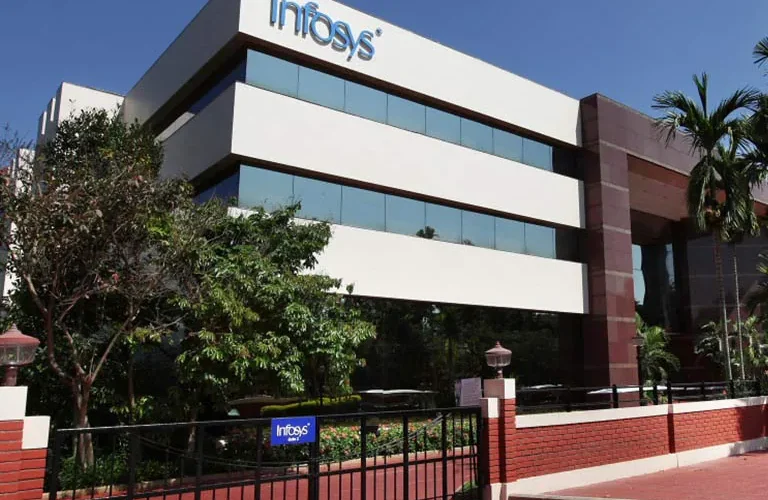Infosys, a digital services and consulting firm, in partnership with Economist Impact, a division of The Economist Group, has unveiled The Sustainability Atlas—an AI-powered platform designed to equip businesses and policymakers with strategic insights to navigate environmental challenges and drive impactful climate action.
Powered by Infosys Topaz, a generative AI-led suite of tools, the Sustainability Atlas provides access to an extensive repository of sustainability-focused intelligence. Drawing from over 1,700 indicators across 18 Economist Impact indices and more than 500 reports and articles, the platform offers reliable, data-driven answers to critical questions on sustainability.
The tool enables users to explore a broad spectrum of environmental and social topics—from climate resilience and the circular economy to social inclusion. Through its interactive globe feature, decision-makers can compare sustainability metrics across cities and countries, assessing regional risks and opportunities in areas such as food security, health inclusion, and electric vehicle readiness.
Designed for global reach with local relevance, the Atlas spans key markets across North America, Europe, the Middle East, and Asia-Pacific. It also offers sector-specific insights tailored to industries such as energy, manufacturing, retail, and financial services, aiding corporate leaders and regulators in benchmarking and policy development.
Jonathan Birdwell, Global Head of Policy & Insights at Economist Impact, said: “Over the past decade, we’ve built numerous indices and published hundreds of sustainability reports. The Sustainability Atlas, developed with Infosys’ AI capabilities, brings all that knowledge into a single, accessible platform—enabling actionable insights for global business and policy leaders.”
Ashiss Kumar Dash, Executive Vice President and Global Head for Services, Utilities, Resources, Energy, and Enterprise Sustainability at Infosys, added: “The Sustainability Atlas is more than a data tool—it is a strategic gateway for shaping the future of sustainability. As the platform evolves, it could serve as a predictive engine for emerging environmental risks and help coordinate global responses, embedding sustainability into the fabric of decision-making.”
The launch reflects a growing emphasis on using advanced digital technologies to address the pressing need for sustainable development and informed climate governance.















